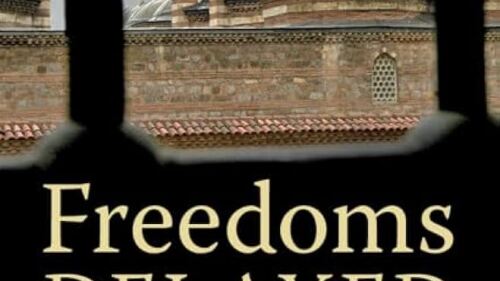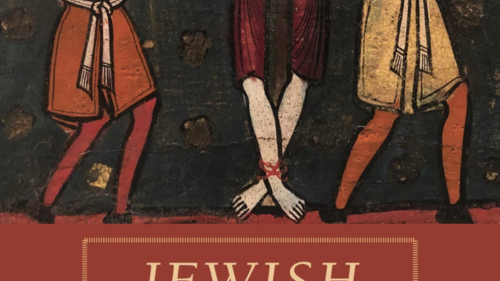In World War IV, Podhoretz, a doyen of the neoconservative intellectual movement, places the struggle against Islamism in its historical context. He suggests that U.S. inaction in the face of decades of Middle Eastern terrorism served to embolden terrorists and that while 9-11 shocked U.S. policymakers and the public, it was in fact only the most sensational of a string of terrorist attacks that had seldom drawn reprisals.
For George W. Bush, however, 9-11 would instigate a break with past indifference to terrorism. In a September 20, 2001 address before Congress, Bush linked security at home with freedom abroad. As the Bush doctrine expanded beyond Afghanistan to the Middle East, traditional realists called foul. Former national security advisor Brent Scowcroft condemned any action that might destabilize Arab autocracies. Pat Buchanan, Robert Novak, and Juan Cole hinted darkly at a conspiracy among Bush’s Jewish advisors and argued that the roots of anti-U.S. terrorism lay in Washington’s support for Jerusalem.
Podhoretz is not surprised but disagrees. He notes that foreign policy-related conspiracy theorizing has frequently been a feature of the domestic political debate during world wars. He draws parallels between pro-Nazi isolationists such as Charles Lindbergh with the Buchanans and Noam Chomskys of today. He accuses liberal internationalists of maintaining “a virtually religious commitment to negotiations as the best, or indeed the only, way to resolve conflicts” and says they have “unshakable faith in the U.N. and a corresponding squeamishness about military force.” Not only did such a traditional diplomatic approach fail to defend U.S. security in the run-up to 9-11, Podhoretz argues, but perhaps more importantly, these liberal internationalists risked losing their “comfortable lodgings within the old foreign policy establishment” in the post-9-11 era. Such men ended up making common cause with isolationists and realists in order to launch an insurgency against the Bush administration’s foreign policy.
World War IV is provocative and not without its flaws. Podhoretz’s lecturing tone is distracting, and he leaves many points hanging. The Islamist challenge and the roots of Islamist ideology deserve more attention. Describing the foreign policy establishment’s actions as an insurgency is welcome, but how did these forces grow so powerful? Did Bush not control his appointees? Was his management competent? Or perhaps Bush’s rhetoric was less than sincere, a cynical ploy to avoid criticism from men like Podhoretz. The omission of leading insurgents, such as Deputy Secretary of State Richard Armitage (cited only in one footnote) and Policy Planning Director Richard Haass, is noteworthy. Still, World War IV is a must-read for any foreign policy scholar or practitioner, all the more so given the entry of Podhoretz’s arguments into the 2008 U.S. presidential campaign as the candidates debate what to do about Iran and radical Islam.



